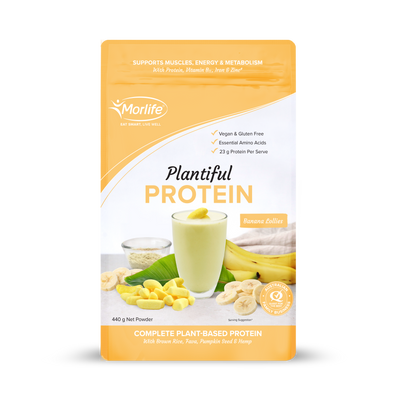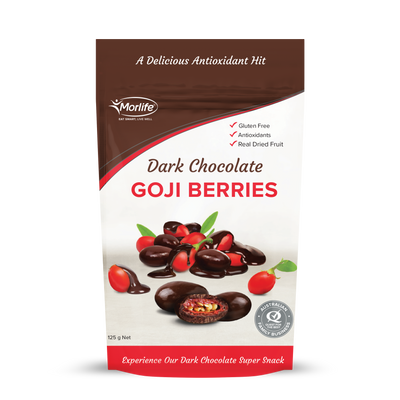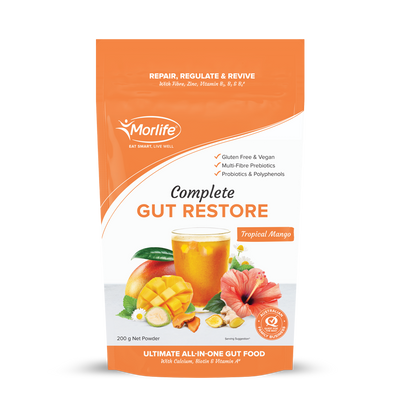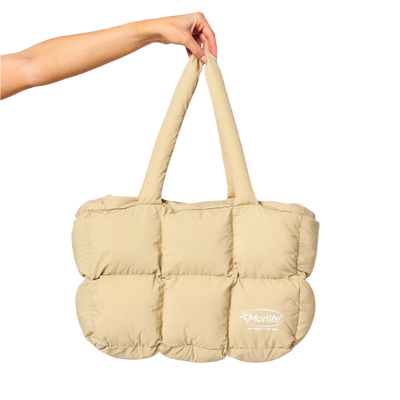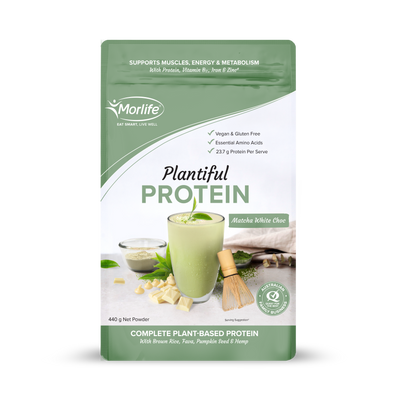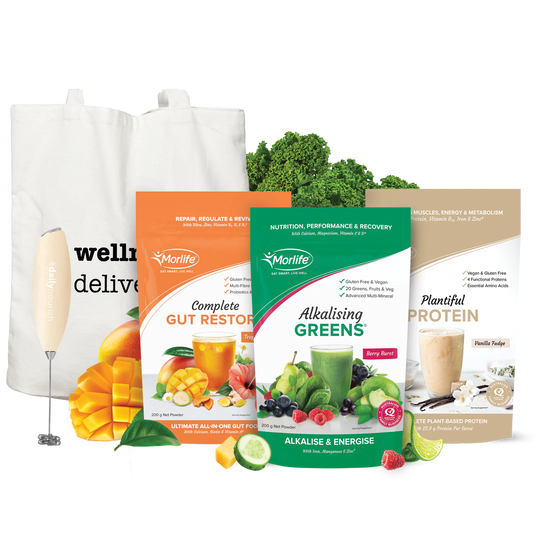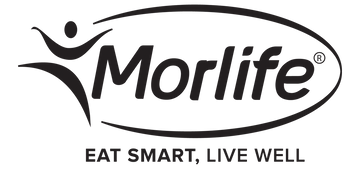Comm Games Prep: Top Tips For A Wannabe Athlete
Now is a good time to appreciate athletes and the amazing physical accomplishments that they have made. Watching The Common Wealth Games (currently on in the Gold Coast, which I’m sure you all know) can be pretty inspiring when you start thinking about your own training and physical feats you would like to accomplish. BUT, getting stuck into a new training programme too hard and too fast can end up causing you harm, so here are my top two tips to support your mind and body when it comes to trying to push your body to the next level.

Fuel Your Body
Apologies for the cliché, but you can only get out of your body what you put in. Exercise revs up your metabolism so everything that your body needed before… it needs more now.
The most obvious one is energy. If you’re using more energy and you aren’t consuming anymore, then your body has to take it from its own stores. Sometimes, this is welcome (because perhaps we were storing a little extra for such an occasion) but sometimes it’s not welcome because energy can also be taken from muscle and can reduce strength and stamina. If you aren’t feeding yourself well, your performance (not to mention health) will eventually be affected.
Free radicals (reactive oxygen species) are a natural by-product of metabolism. Exercise speeds up metabolism and therefore produces more free radicals. To protect your body from oxidative damage, increase your intake of antioxidants. Fruits and vegetables are always your best bet!
Protein!
Particularly if your chosen sport involves resistance and short powerful bursts of energy (utilising your fast twitch (type 2) muscle fibres) causes a build-up of lactic acid and inflammation. This leads to protein damage and if there isn’t adequate protein in the diet, protein synthesis cannot occur. So make sure that you are getting enough protein so that you can make the “gains” you are going for.
Alkalise!
Acid residues in cells are a normal part of metabolism, and this acid formation is exaggerated by increased metabolism and protein breakdown that occurs with exercise. Our cells aren’t able to tolerate many variations in pH so we have a very sensitive inbuilt mechanism to keep the pH stable, and this uses minerals! If we haven’t provided our bodies with enough minerals in our diet, these minerals are taken directly from our bones and muscles. By consuming a diet high in minerals such as potassium, magnesium, and calcium we can provide our bodies with the buffers that they need without resorting to the depletion of our bones and muscles. Foods that support alkalinity in the body are generally your fruits and vegetables. Foods that contribute to the acid load of the body are generally things like dairy, meat, grains, sugar and processed foods. (This is one subject I could talk about all day because Morlife has done a lot of research on the Acid Alkaline balance of the body to develop our amazing Morlife Alkalizing Greens – which I highly recommend trying by the way!).
Drink water. I’m not going to get into too much detail about this one. We all know it’s important. So just drink the water.

SMART Goal Setting.
“SMART” Goals (Specific, Measurable, Achievable, Relevant, Timely) are just as effective as they are cheesy. I highly recommend getting into them. SMART goals have this amazing ability to break your grand goals (such as ultimate fitness, health and attractiveness) into measurable, achievable steps so that you can stay on track, stay motivated and know that you are making progress.
For example, if you have decided that your goal is to be able to run a marathon, but you are currently a couch potato, you can’t just get up tomorrow and try to run a marathon. You won’t make it! You will probably hurt yourself, will hate it and will stop trying in no time. SMART goals to the rescue! Break down your mammoth goal into regular much smaller ones. Your first goal might be something like this: “Run 1km three times this week”. This works.

Specific
You know that this is a specific goal because you will definitely know if you achieved it or not. Goals like “be fitter”is too open to interpretation and make it easy for us to start lying to ourselves or not feeling like we have made any progress when we really have.
Measurable
It’s 1km, and you do it 3 times. You can definitely measure that.
Achiavable
Do you think 1km is achievable? And can you fit it into your busy schedule 3 times in one week? You decide something that you know is realist for you. (No too easy, otherwise you won’t achieve anything at all, but not so hard that you can’t and won’t do it).
Relevant
Does the SMART goal actually relate to your overall goal? There’s no point setting a goal that isn’t in keeping with what you ultimately want to achieve. In this example, yes it is relevant. “Running 1km 3 times this week” is 1km longer and 3x more often that I had been doing, so it’s a step in the right direction to running a marathon.
Timely
You have to set yourself a time limit and get it done. Otherwise, it just doesn’t happen. If there is a time limit, you make time. If it’s open-ended it doesn’t happen. I rolled my eyes the first time I heard about SMART goals, but I am 100% converted now, and you can apply them to any aspect of your life. You. Are. Welcome!
So I’m pretty sure that’s everything you need to know to become a world-class athlete. Enjoy the games, everyone!!

